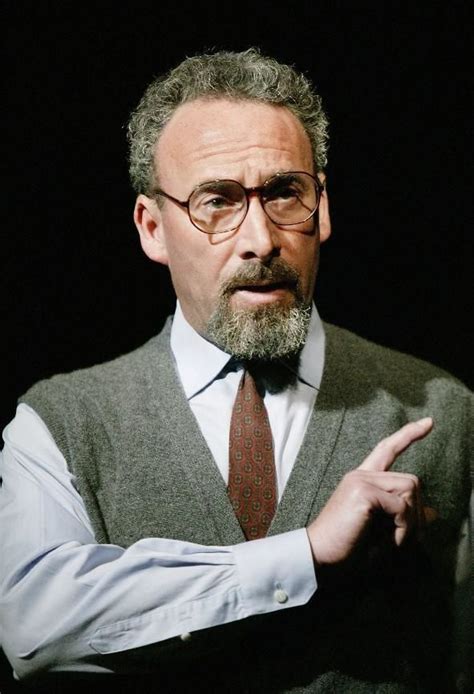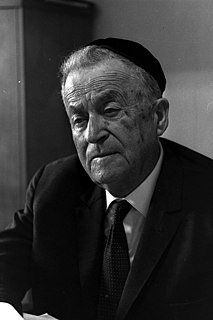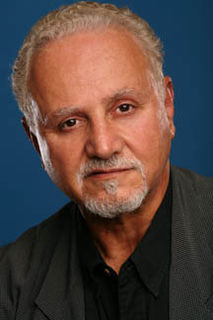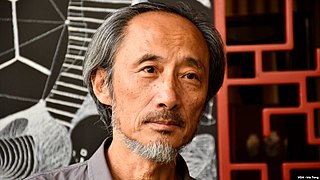A Quote by Chris Crutcher
My first book, 'Running Loose', was censored back in 1983 or '84. Every book I've written since has been censored somewhere.
Related Quotes
I've been quoting the book [on Peter Sutcliffe] constantly in rehearsals. Some members of the cast have stated their disapproval that it should even have been written. Some of the women have expressed more - disgust and anger. What are they saying? They'd prefer not to know, not to understand? They'd prefer certain areas of life to be censored? Isn't that partly what breeds the Sutcliffes and the Nilsens?
For every Book of Job, there's a Book of Leviticus, featuring some of the most boring prose ever written. But if you were stranded on a desert island, what book would better reward long study? And has there ever been a more beautiful distillation of existential philosophy than the Book of Ecclesiastes?
A book is a map. There will be times in your life when you will feel lost and confused. The way back to yourself is through reading. There is not a problem in existence that has not been eased, somewhere and at some time, by a book. I want you to remember that.The answers have all been written. And the more you read, the more you will know how to find your way through those difficult times.







































